How to Choose the Right Online Privacy Tools for Your Needs
In today’s digital world, keeping your online privacy safe is a top priority. With so many online privacy tools out there, picking the right ones can feel tricky. This guide will show you how to choose the right online privacy tools for your needs in a simple, step-by-step way.
A few years back, I got a rude awakening about online privacy. I found out my email was part of a big data leak. It hit me hard—my personal info was out there, and I hadn’t done much to protect it. That’s when I started exploring online privacy tools to take back control.
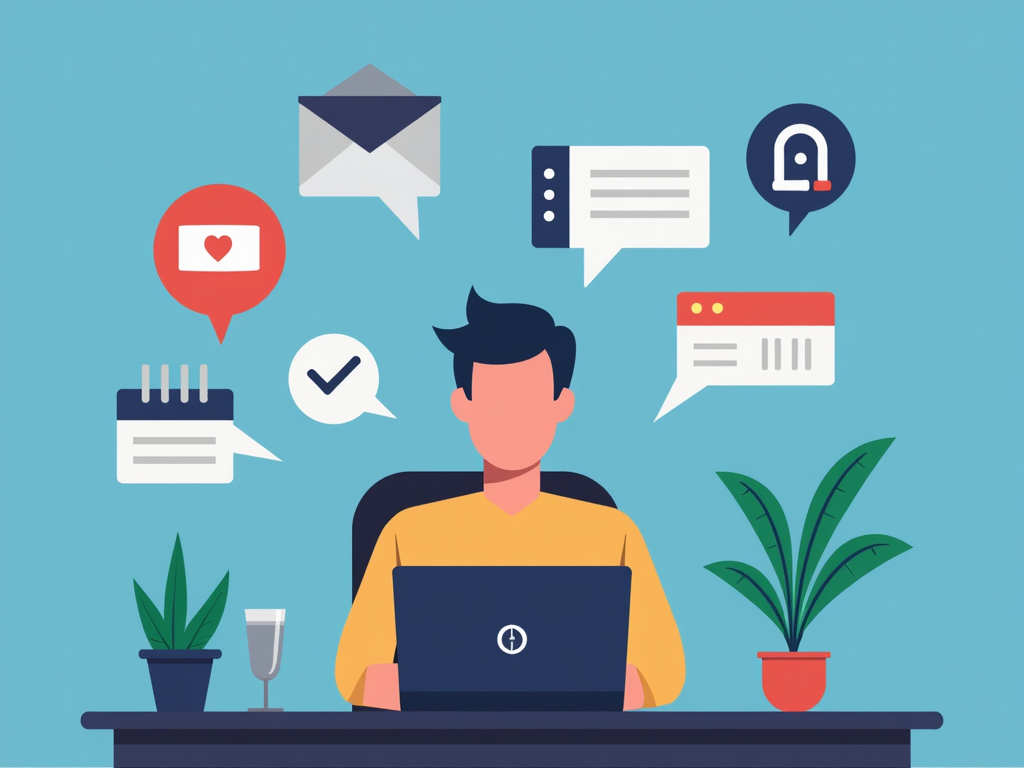
Stats show I’m not alone in worrying about this. A 2023 survey found that 79% of people are nervous about how companies use their data. But here’s the good news: you don’t have to feel stuck. The right tools can make a big difference.
What Are Online Privacy Tools?
Online privacy tools help keep your digital life secure. They protect things like your browsing habits, passwords, and messages. Let’s break down the main types and how they work.
Virtual Private Networks (VPNs)
A VPN hides your internet activity by encrypting it and masking your location. It’s great for staying private on public Wi-Fi or watching shows from other countries. I started using one after realizing how much my internet provider could see.
When picking a VPN, look at speed, server options, and whether they keep logs of your data. Some popular ones are NordVPN, ExpressVPN, and ProtonVPN. Each has cool features like extra encryption or ad-blocking built in.
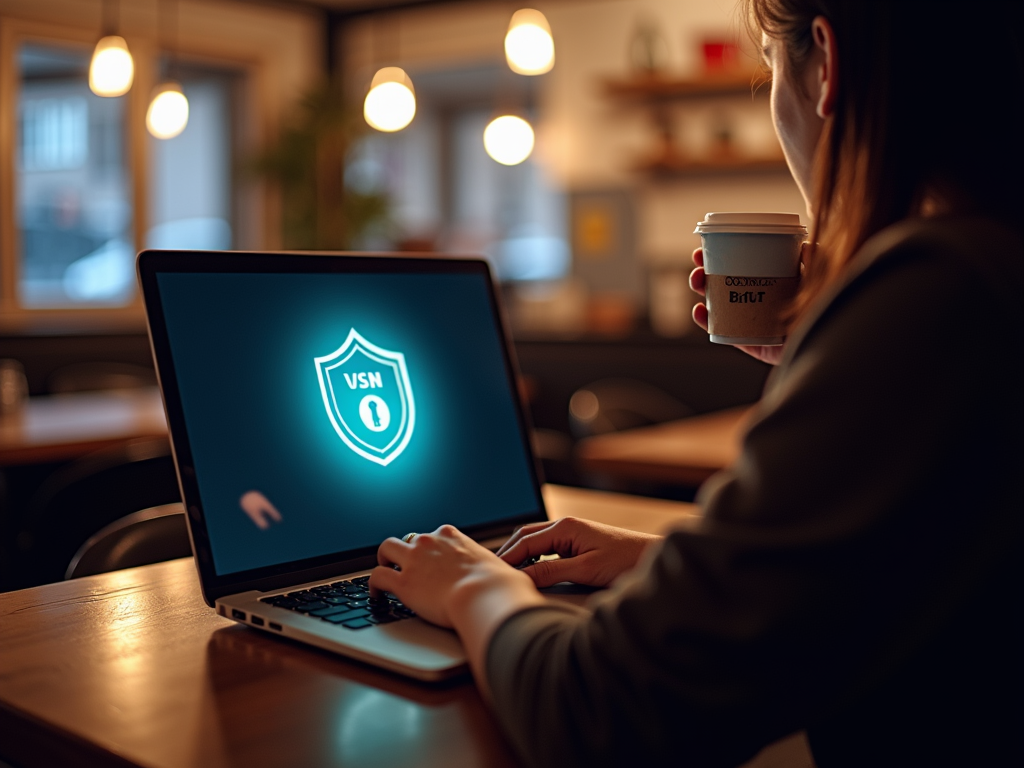
Password Managers
These tools create strong passwords and store them safely. Weak passwords are a big reason accounts get hacked. I used to reuse the same password everywhere—until I learned how risky that was.
I’ve tried LastPass and Bitwarden. LastPass is super easy to use, but Bitwarden being open-source makes me trust it more. Look for one with strong encryption and a simple design.

Encrypted Messaging Apps
Regular texting apps don’t always keep your chats private. Encrypted apps like Signal and Telegram lock your messages so only you and the other person can see them. I switched to Signal after hearing how little data it collects.
Signal even has messages that disappear after a while, which I love for sensitive talks. WhatsApp is another option, but it’s tied to your phone number, so think about what feels right for you.
Ad Blockers and Tracker Blockers
Ads and trackers follow you online, collecting info about what you do. Tools like uBlock Origin and Privacy Badger stop them. Since I started using these, I see way fewer creepy ads tailored to me.

Secure Browsers
Your browser is how you explore the web, so it matters. Brave and Firefox Focus block trackers automatically. Switching to Brave was a game-changer for me—it’s fast and keeps my browsing private.
How to Choose the Right Online Privacy Tools for Your Needs
Choosing the right tools starts with knowing what you want to protect. Here’s how to figure it out:
- Know Your Goals: Do you care most about hiding your browsing, securing chats, or locking down accounts? I focused on browsing first because I use public Wi-Fi a lot.
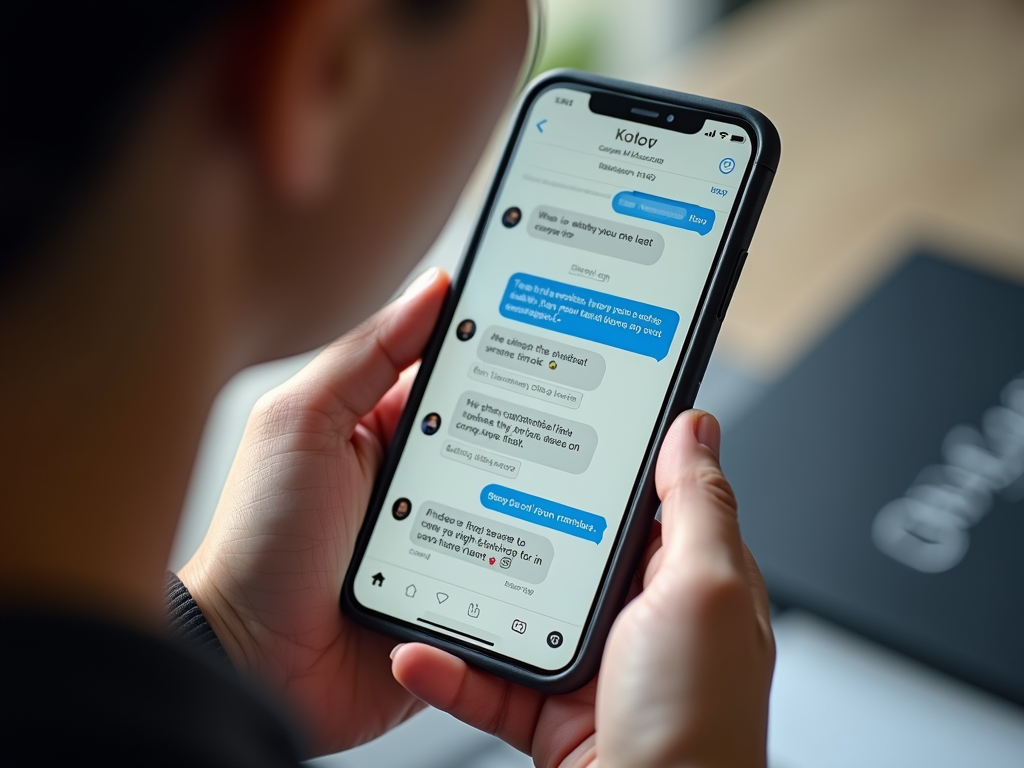
-
Keep It Simple: Pick tools you’ll actually use. If it’s too complicated, you’ll skip it. I ditched a VPN once because it was a hassle to turn on.
-
Check Your Devices: Make sure the tool works on your phone, laptop, whatever you use. Most good ones sync across everything.
-
Balance Cost and Features: Free tools can work, but paid ones often give you more. A cheap VPN I tried was slow, so I upgraded to a paid one with better speed.
-
Trust Matters: Look for tools checked by experts or ones you can see the code for. Open-source stuff like Bitwarden feels safer to me.
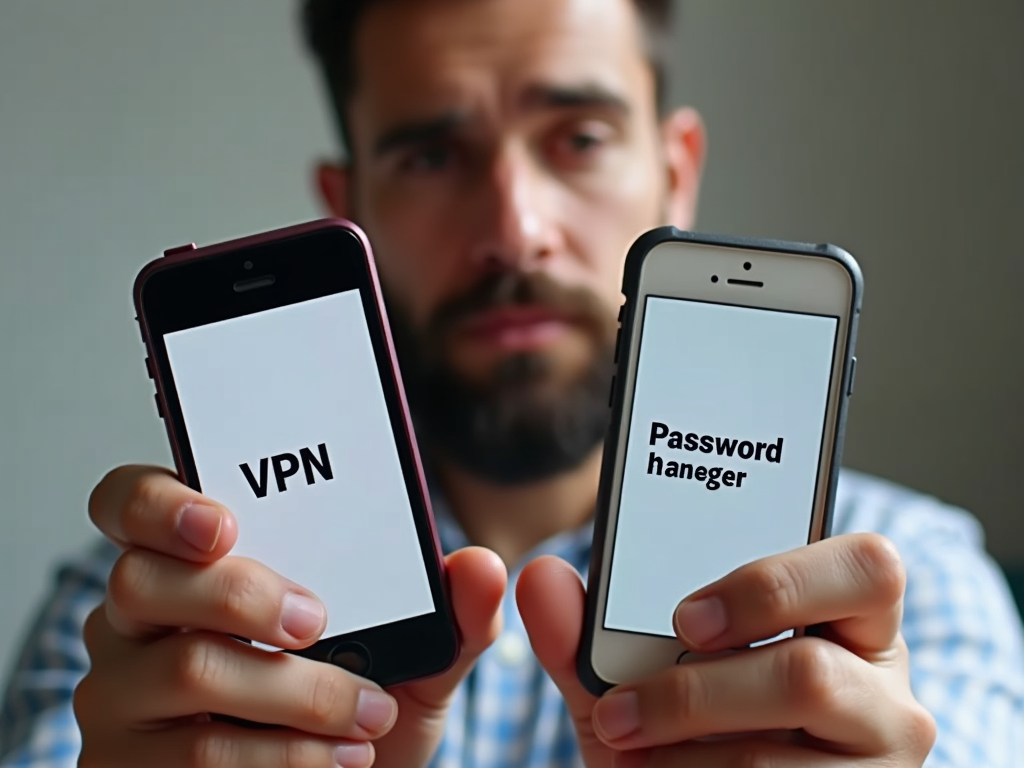
Here’s a quick table to compare some VPNs:
| VPN | Encryption | Servers | Price |
|---|---|---|---|
| NordVPN | AES-256 | 59 countries | $3.71/mo |
| ExpressVPN | AES-256 | 94 countries | $8.32/mo |
| ProtonVPN | AES-256 | 67 countries | $4.99/mo |
Extra Tips to Stay Safe
Once you’ve got your tools, here’s how to make them work even better:
-
Update Regularly: New updates fix weak spots. I set mine to update automatically so I don’t forget.
-
Add Extra Security: Use two-factor authentication wherever you can. It’s saved me from trouble more than once.
-
Watch What You Share: Tools can’t hide everything if you post your life online. I cut back on sharing after my wake-up call.
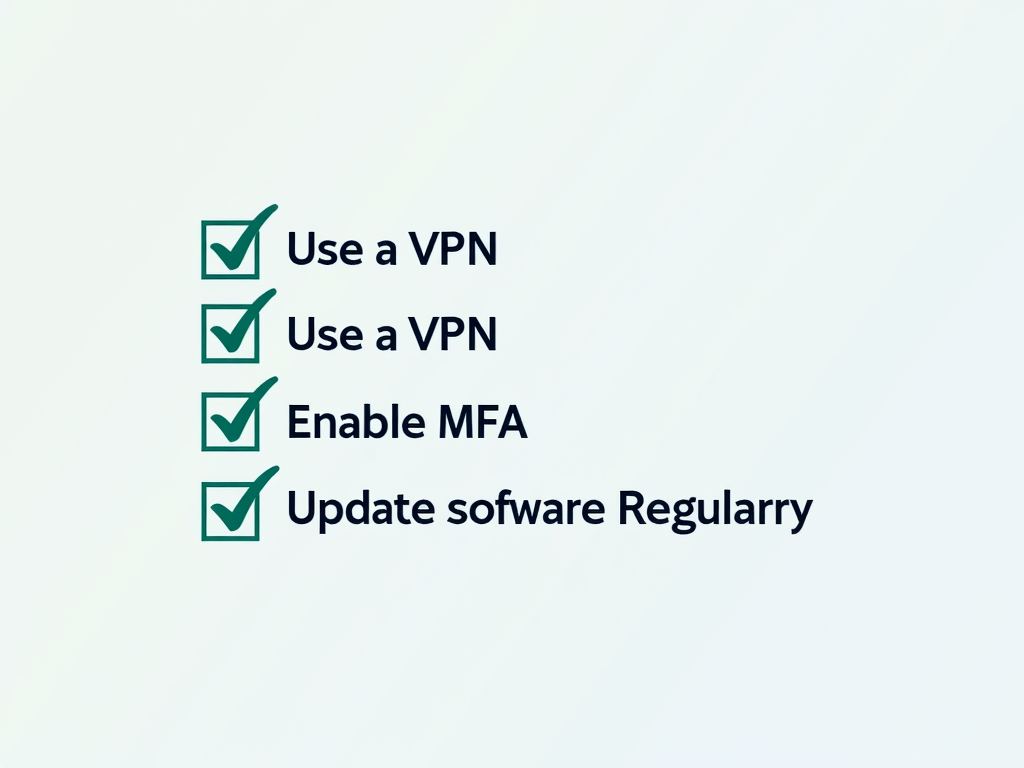
Wrapping Up
Online privacy is a big deal today, and it’s up to you to protect it. Learning how to choose the right online privacy tools for your needs can feel overwhelming, but it’s worth it. Start small, pick what fits your life, and keep learning. You’ve got this!